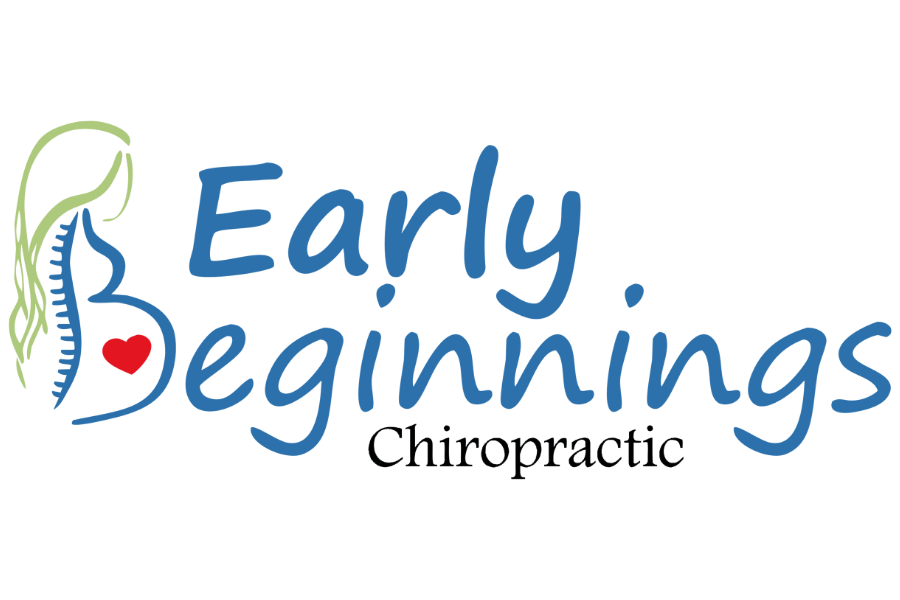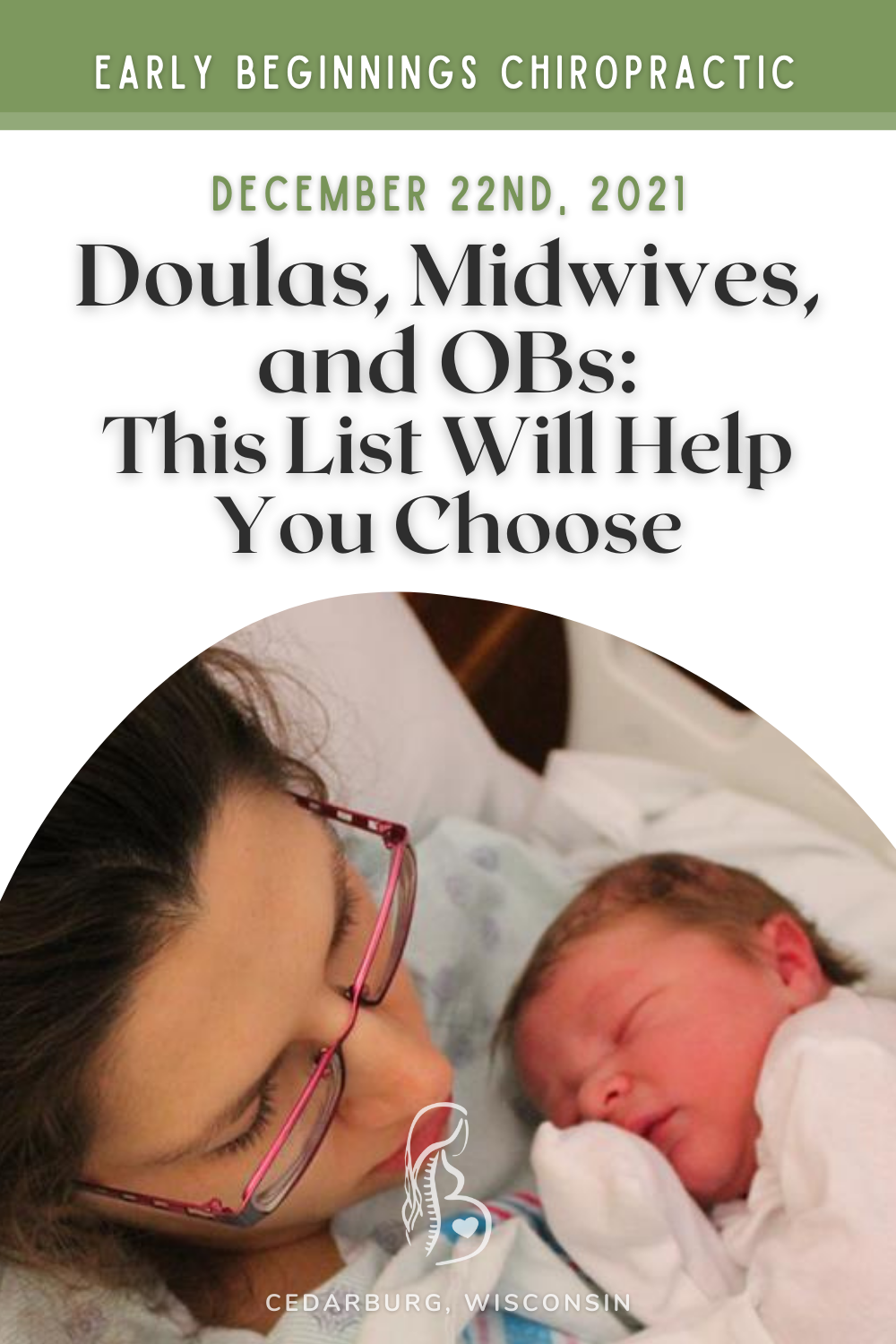DOULAS vs MIDWIVES vs OBs: This List Will Help You Choose
Whether you’re considering starting a family, early in your pregnancy, or late in your third trimester, I bet you have questions about birth care.
OBs, Doulas, Midwives, oh my.
Which one is best for YOU? Do you need all of them? One of them? Somewhere in between?
Here’s everything you need to know. My hope is that this blog will help you decide.
Doulas: Doulas are trained to be part of your labor support team. They are not meant to take your partner’s place, but to help & coach him as he supports you. Doulas are great for every kind of birth & every stage of birth. Find a doula you jive with - they are there for you and you alone!
Birth doula - These doulas are with you during pregnancy, birth, and maybe an hour after birth. Every doula has a slightly different offering & plan of care, so do your research and find one that fits your needs. It’s fairly common to find doulas who double as birth photographers if you’re interested in that!
Postpartum doula - These doulas are here to support you after birth. They can check in on you, bring food, do the dishes, help you get a nap, or support with your breastfeeding relationship.
Bereavement doula - This is not something we want to think about, but good to know it’s available if you do need it.
Midwives - Midwives train in normal, physiological birth. This is a great option if you want a natural/unmedicated vaginal delivery, if you are not high risk, or you want more comprehensive and holistic care in your pregnancy.
CNM (certified nurse midwife) is a Master’s program. These are RNs that have completed a Master’s program in midwifery. They are board-certified and licensed in Wisconsin (a common misconception).
Licensed professional midwives are trained professionals that have completed an Associate’s degree in midwifery. It is important to make the distinction between this type & CNMs.
ALL midwives care for the mother AND baby throughout pregnancy and postpartum. Prenatal and postnatal care appointments include plenty of support and education and are usually about 1 hour long. They may work in your home or in a clinic.
Homebirth midwife - come to your home for labor and delivery. She helps you get set up ahead of time and then brings everything she needs for your birth.
Birth center midwife - a birth center is sort of in-between the styles of a home and a hospital birth. This is a calm and quiet place for you to come when you’re in labor. Birth centers have some special features like birth tubs and labor balls. They are equipped with medical supplies if needed.
Hospital midwives - these may be independent or employed by a larger practice. They provide all of the care while you deliver in the hospital. Occasionally, home birth or birth center midwives have hospital rights so that they can remain your care provider if you need to transfer to a hospital.
OB/GYN - These doctors are trained to spot a high risk situation. Their education is focused on providing a medical birth, one where you would deliver in a hospital. They are also licensed for surgical births. Sometimes, this is the only option if your pregnancy is considered high risk. Prenatal care appointments with OBs are usually around 10 minutes long. You will likely only have one 10 minute postpartum visit (this is where an additional postpartum care provider may come in handy!).
The option you didn’t think about - Family practice doctor. This is the rare unicorn that delivers your low risk pregnancy in a hospital. They are usually more hands-off. Bonus: they can care for your entire family and develop great relationships with all of you.

